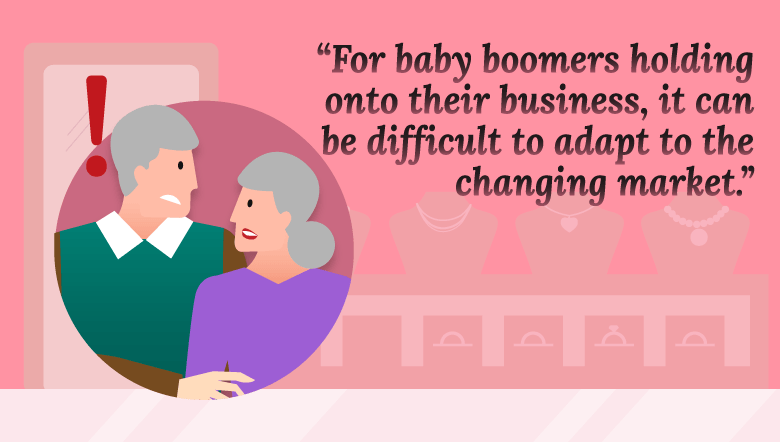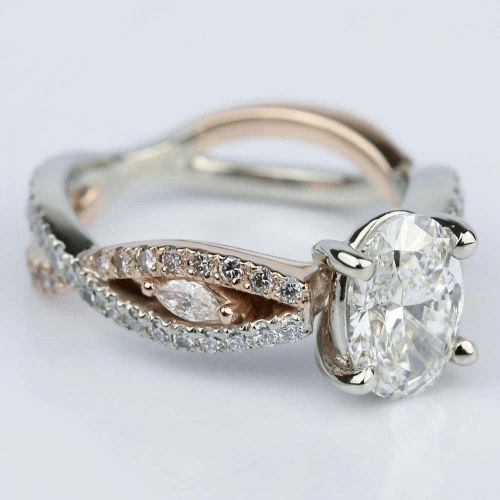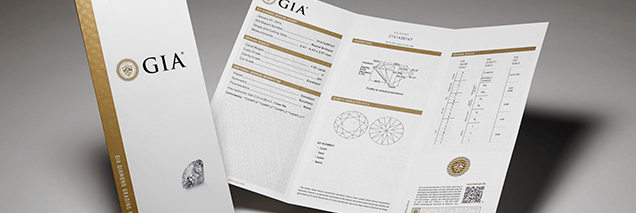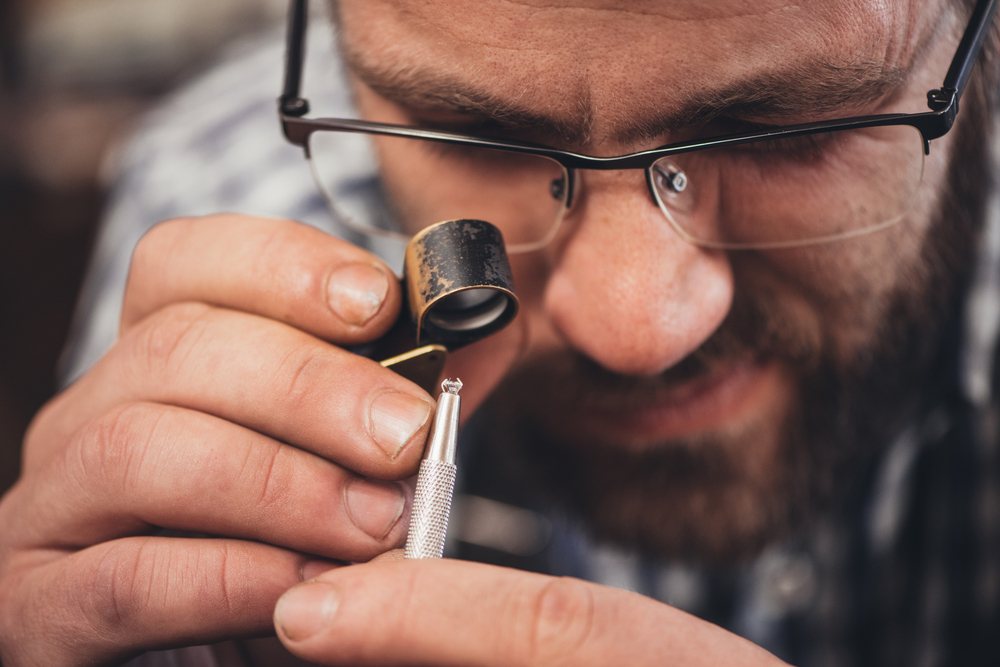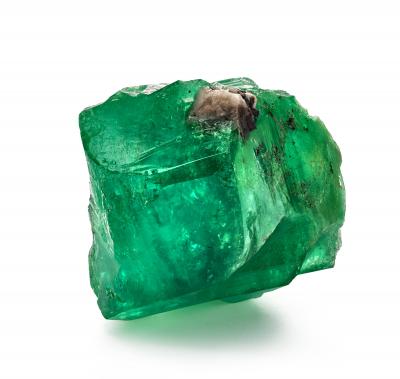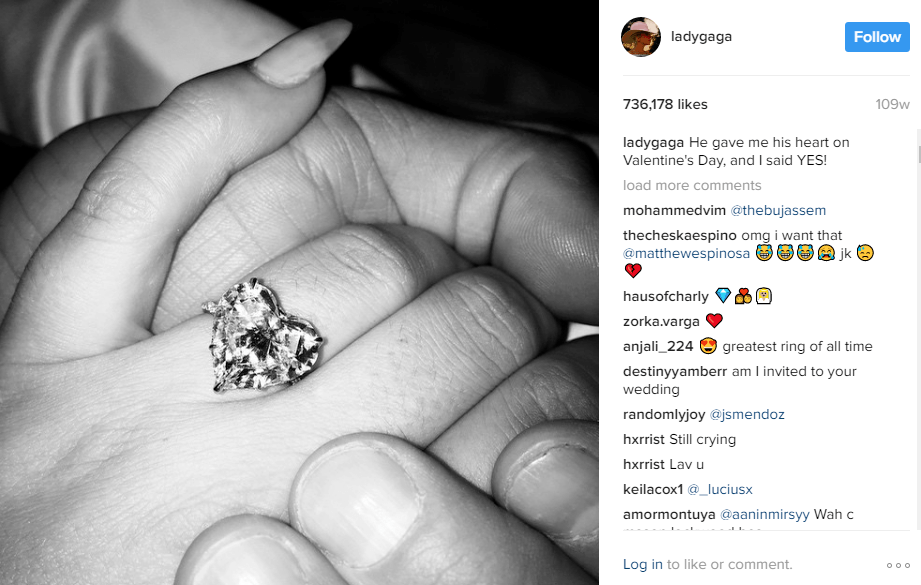Enthusiasts
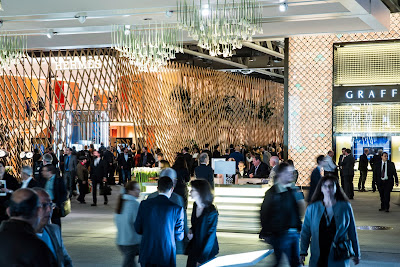
Baselworld Officials Reduce Fair By Two Days; Hermès, Possibly Dior And Another Brand Moving To SIHH
Jewelry News Network |
| Hermès ' booth at Baselworld 2017, the French brand is reportedly the next to leave Baselworld and moving to SIHH. Photo courtesy of Baselworld |
Reacting to the several years of declining exhibitors and attendance, the organizers of Baselworld, the world’s largest watch and jewelry fair, announced that it will reduce the annual fair from eight to six days and drop prices accordingly, beginning 2018.
Next year, the world’s largest watch and jewelry fair will be held March 22 – 27, 2018.
At a time when the fair has reached the milestone of 100 years, official figures from Baselworld 2017 a fair that is in decline. Buyers were down 4 percent year-over-year to 106,000. About 4,400 journalists attended, which is the same as the prior year. The largest drop was in exhibitors, 13.3 percent from a year ago, from 1,500 to 1,300.
In addition, according to a report in the Le Temps, the Swiss daily French language newspaper, Hermès is leaving for SIHH, held January in Geneva, and likely Dior and one other fashion brand will follow.
Sylvie Ritter, managing director of Baselworld, said the watch and jewelry industry is going through a challenging phase that particularly affects smaller companies.
“Listening to our exhibitors and in agreement with the members of the different committees, we have decided to reduce the duration of the show and adjust the prices accordingly … with the traditional press day on March 21,” she said. “Baselworld will maintain the attractiveness of the show and its global impact by remaining faithful to our strategy which favors quality and leverages diversity in all sectors.”
This acknowledgement was a contrast to the defiant stance Baselworld officials took at the annual press conference prior to the show’s opening on March 22. There they said it was their decision to turn away exhibitors to focus on “quality over quantity.”
Ritter at the time said, “We have turned away exhibitors who are not in line with our concept and do not meet the criteria for Baselworld.” However, she refused to define this criterion.
At the same press conference, Eric Bertrand, president of the Baselworld Exhibitors’ Committee, took direct aim at fashion brands.
“Certain number of brands that are fashion related took watches to get into the industry and they treat it like an accessory … like glasses and spectacles and other components (it) becomes an element (that) adds value to the image but are not related to our industry,” Bertrand said. “Now I believe these people did not obtain the results they planned and have given up producing such products.”
This acknowledgement of exhibitor complaints also comes a bit late as the decline in exhibitors began in 2013 when the fair unveiled a $454.5-million upgrade of the Messe Basel Fairgrounds, where the show is held each year. At the time show organizers substantially raised prices and made other demands to exhibitors—such as buying additional space and providing better designs for their booths, according to several exhibitors I’ve spoken to over the years.
Smaller companies, particularly jewelry firms, began leaving the fair, complaining they have been priced out. This past year, a few larger watch brands left, including U.S.-based Shinola, U.K.-based Bremont and Swiss-based Timex Group Swiss Luxury Division, which manages the watch business for luxury fashion brands Salvatore Ferragamo, Versace, Versus and Nautica.
The Baselworld officials and committees who ultimately made the decision to cut the show by two days, in addition to Ritter and Bertrand, are: François Thiébaud, president of the Swiss Exhibitors’ Committee, and Rene Kamm, CEO of MCH Group, which operates Messe Basel.
Please join me on the Jewelry News Network Facebook Page, on Twitter @JewelryNewsNet, the Forbes website and on Instagram @JewelryNewsNetwork

